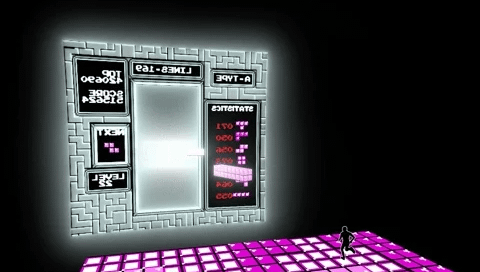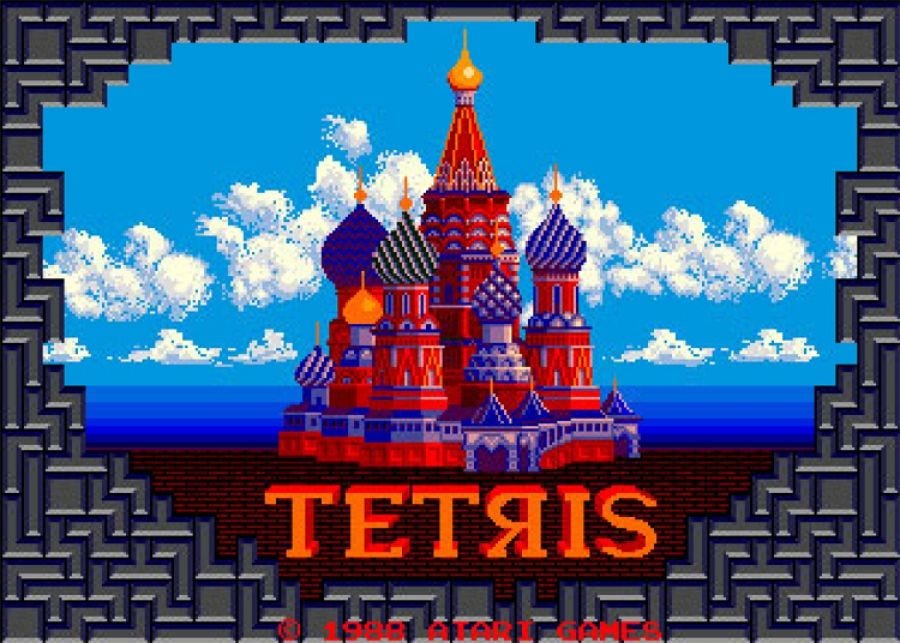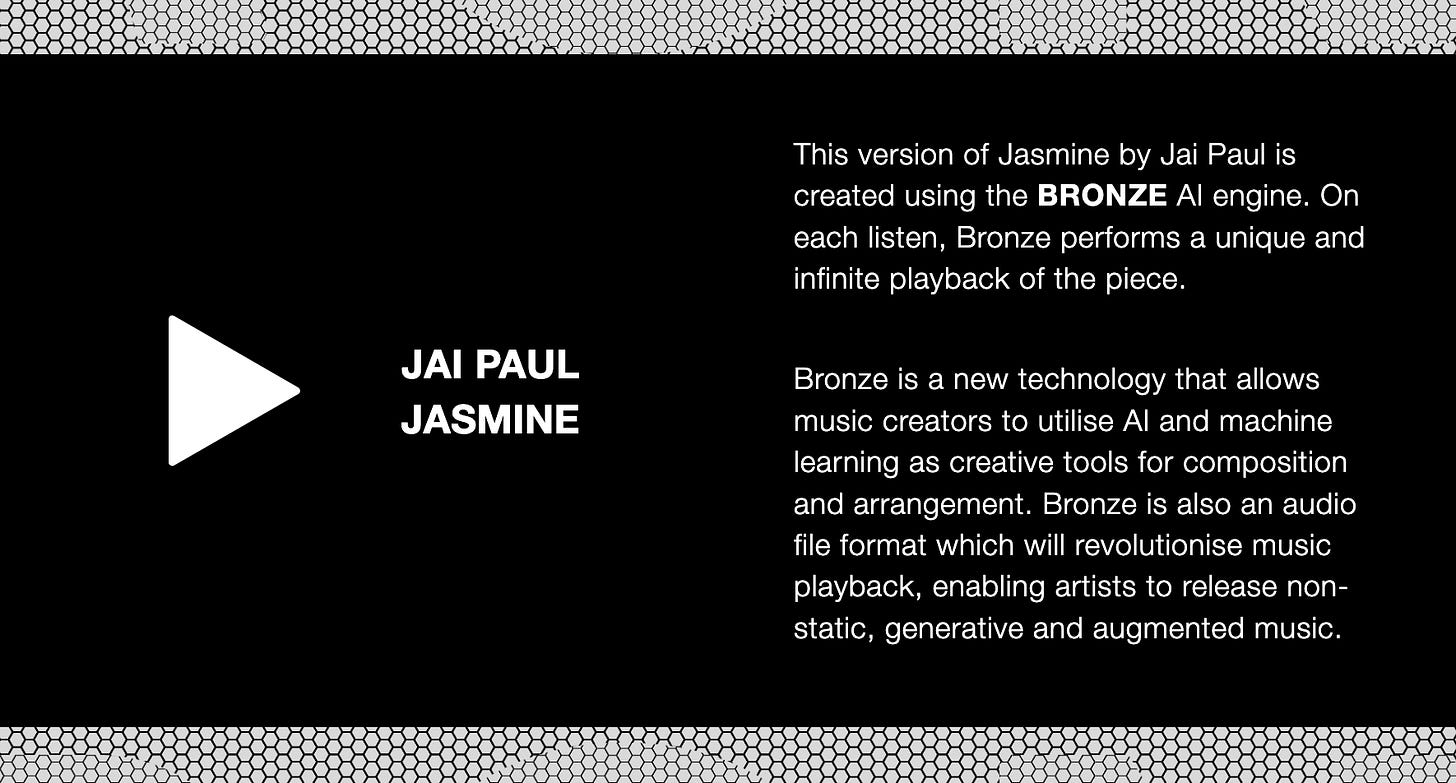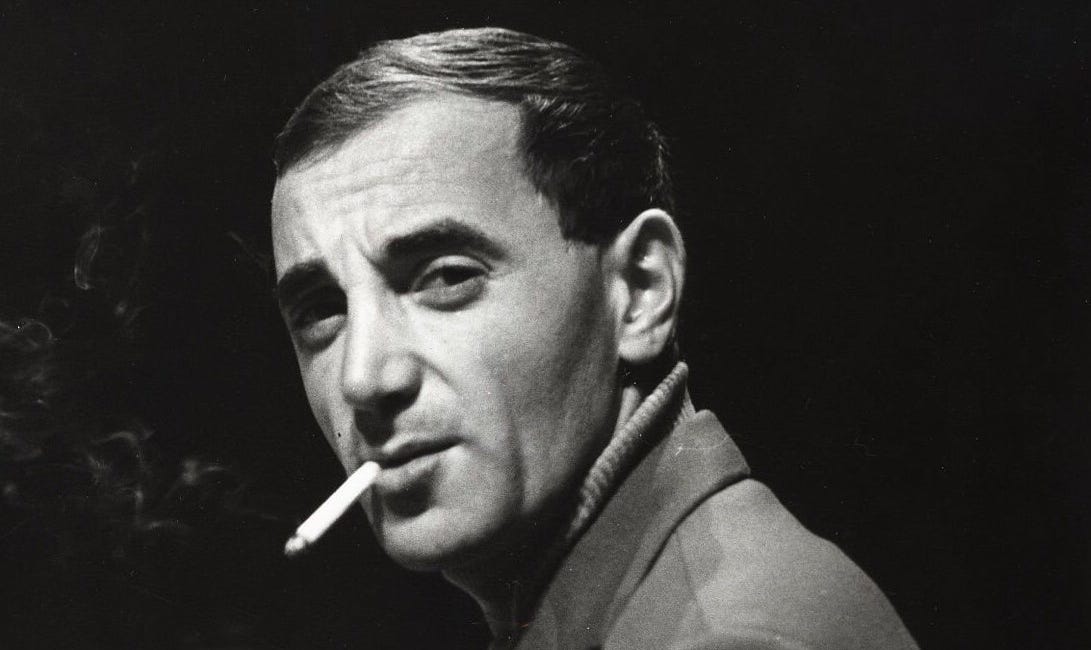A weekly cultural and political brief—Certain Sips: the Weekend Brew
What is the greatest video game of all time, and why is it Tetris?
As a kid, I used to play the simple but extremely addictive game for hours and hours on my Nintendo Gameboy. These days you can access this classic across an array of systems, including your friendly neighborhood internet browser. In “researching” for this post, I just googled Tetris and instantly pulled up a free online version for old times’ sake. Still got it!
In the forty years since its creation, Tetris has been out-designed and out-imagined by leaps and bounds. The video game industry rakes in nearly $250 billion annually, fueled by increasingly advanced and innovative products. Today’s gamer might find Tetris enjoyably challenging, but relatively quaint for all its repetition and simplicity.
Yet Tetris remains the greatest video game of all time. Sometimes, the best expression of something is one of its earliest versions. Such is the case with Bronze artificial intelligence.
That’s right, artificial intelligence. That thing that existed both in theory and practice for decades before the emergence of ChatGPT and the recent tidal wave of large language models. You could be mistaken for thinking artificial intelligence narrowly refers to ridiculously effective chatbots that cannibalize your creativity and erode the environment. But AI is, and has been, so much more.
The Bronze AI engine allows musicians to program their songs so listeners can activate wholly unique versions on an infinite loop. Every time the Jai Paul song Jasmine is played on the Bronze AI generator, the listener is treated to a singular artistic experience that will only ever occur once. As I write this post, I am soaking up one such version, acutely aware that on top of the fleeting nature of my own existence, this musical arrangement will never again penetrate my eardrums. Or yours. Or anyone’s.
I may be old-fashioned in my reverence for Tetris. And as much as I love and admire contemporary AI music genius , I’m still partial to Bronze AI x Jai Paul. It doesn’t hurt that Jasmine is one of the richest, catchiest, most influential tracks of the last twenty years. You’ve either heard it, or you’ve heard music deeply shaped by it. The original is brilliant. The Bronze version is—well, it’s one of a kind.
A couple years ago, a friend asked me which website was the last remarkably innovative expression of the internet I could recall. Not a smartphone app, mind you, but an actual page on the world wide web. I thought of 2010’s thewildnernessdowntown.com, an interactive Arcade Fire creation that utilized Google Maps and pop-ups to turn whatever childhood address you submitted into a personalized music video for We Used to Wait. Really fucking cool. If you missed it, or if you remember and want to revisit this Obama-era gem, be sure to temporarily unblock pop-ups on Google Chrome for the experience to work properly.
This is still the last cool desktop website that I can recall. The Bronze AI generator functions just as well on mobile, whereas the personalized Arcade Fire music video was designed exclusively for desktop consumption. And unlike Tetris and Jasmine on Bronze, The Wilderness Downtown is meant to be enjoyed once—not ad infinitum.
And such is life. A year after Tetris debuted, a wise young man said the following: “Life moves pretty fast. If you don't stop and look around once in a while, you could miss it.” He was right, old sport. So stop and smell the jasmine.
ICYMI, check out these related posts:
'You Are a Genius' -US 4th Circuit Court of Appeals
Actual smarts cannot be determined by an IQ test any more realistically than they can be measured by a caliper. The most powerful “artificial intelligence” large language model will never come close to the real and irreplaceable aptitude of an organic human being. Empathy is brilliant. Creativity is clever. Kindness is savvy. Insight is bright. Intuition is intelligent. Common sense is sharp. Resilience is shrewd. Love is wise. Curiosity is genius.
I'm Not Crying, You're Crying
Back then all we had was Napster. Access to reliable music research on the internet was equally rudimentary, so I doubt I would have been able to easily locate the source of Firm Fiasco’s triumphant baseline. Not that I was all that curious—In fact, I always assumed it was a Dre original. I only discovered he had sampled for Firm Fiasco by accident when, as has been the case so often lately, my restaurant played the original song to my utter joy and serendipitous satisfaction. Charles Aznavour’s À ma fille (To my daughter) rocked my world. I understood immediately why it was chosen to lead off The Firm’s album and formally introduce the supergroup as a lyrical crime family.










